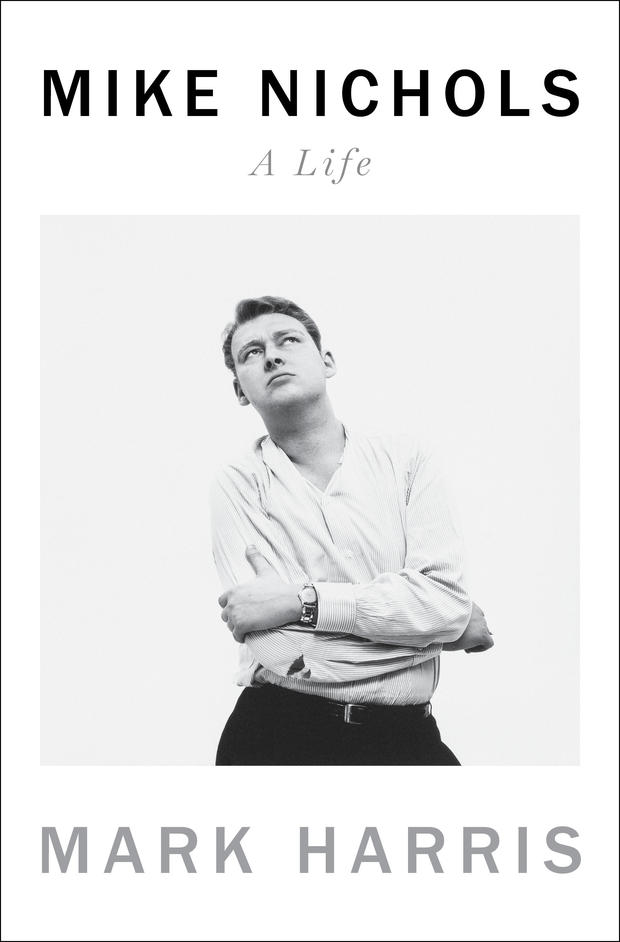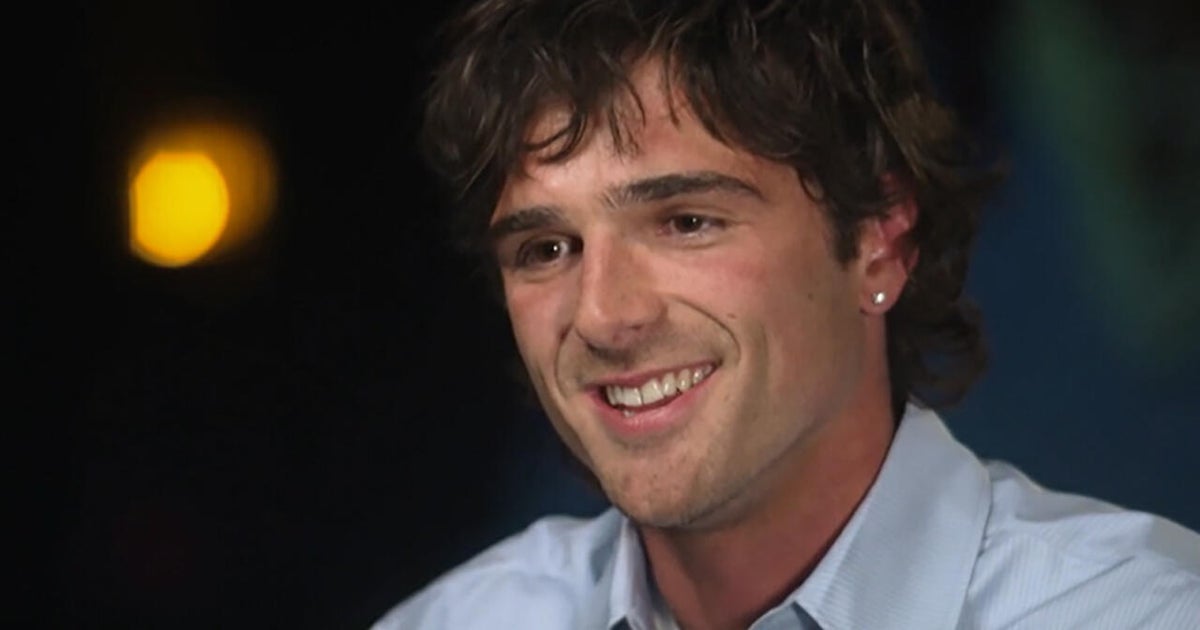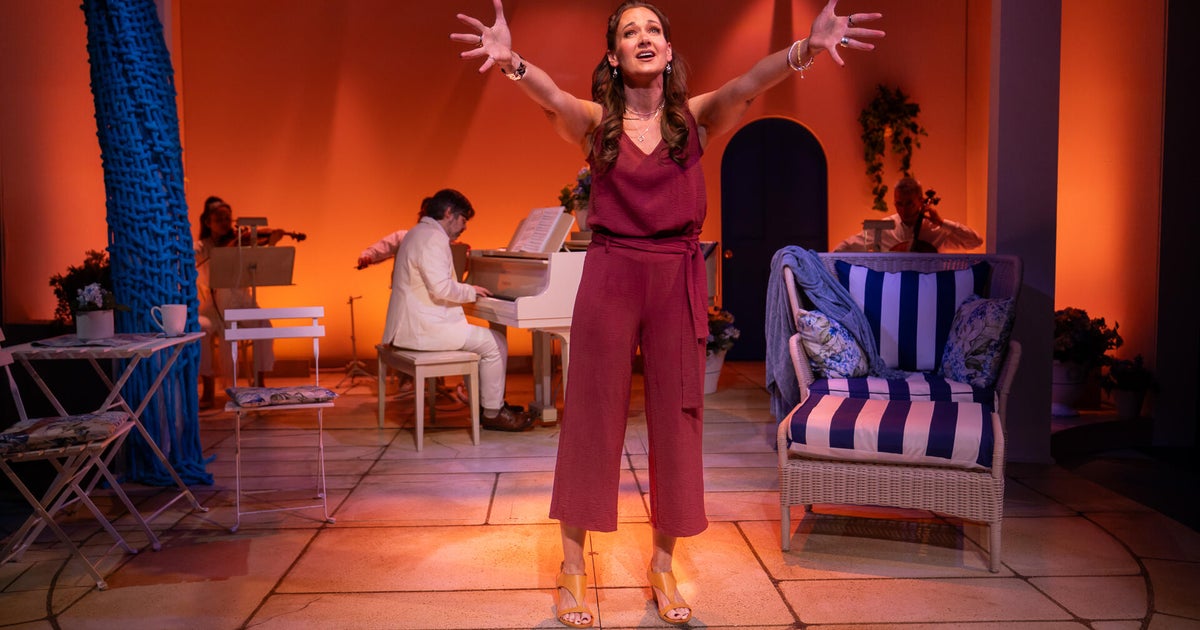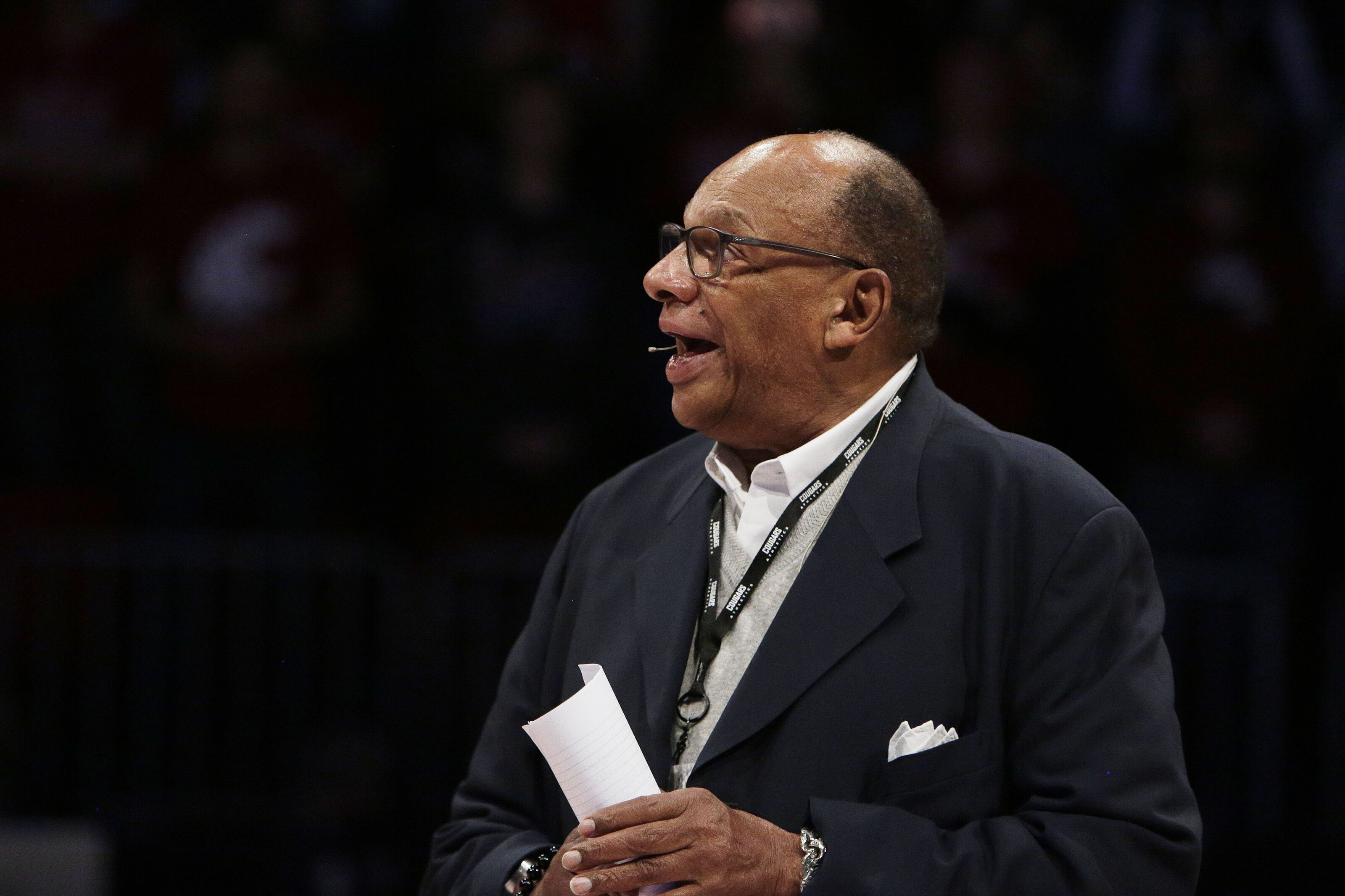The improbable life of Mike Nichols
For over 50 years, "A Mike Nichols Film" became something of a promise that we were about to see ourselves at our best, at our worst, and at all those complicated, all-too-human places in-between.
"Mike's approach as a director was, 'Make it real. Make it recognizable. And go toward the people – the talent, the actors, the writers that you love," said Mark Harris, the author of a new biography about Nichols.
His tale began improbably: "Mike Nichols' life story is the story of someone who started with the odds pretty well stacked against him," said Harris.
As Nichols himself explained to Lesley Stahl on "60 Minutes" in 1996, when he was born in Berlin in 1931, Nichols wasn't even his name: "It was Michael Igor Peschkowsky, and my father was a doctor, and he was Russian. And when we came to this country, he said that by the time he spelled his name, the patient was in the hospital, so he changed it."
Nichols' Jewish family fled Nazi Germany just before World War II. Mike was just seven and spoke barely any English. And not only that: he was hairless. "He had a childhood reaction to a vaccine that resulted in the loss of all of his hair and his inability to grow hair," said Harris.
"He was bald for his whole life?" asked correspondent Mo Rocca.
"He was bald since he was four years old."
"So, a refugee, English as a second language, being bald from a very young age, I mean, he must have felt like an outsider?"
"Yes. Mike later credited his style of comedy (which was very observational) with how much he had to learn how to be a kid, and learn how to be an American, by watching other kids."
At the University of Chicago, he began coming into his own performing in plays, and struck a near-instant connection with fellow student Elaine May.
Harris said, "Mike saw Elaine in a train station. He sat down, and he pretended that he was a secret agent and she was a secret agent. And she picked right up on it. It was like two people discovering they spoke the same secret language. And they were really inseparable after that."
"It was an improvisation?" asked Rocca.
"It was an improvisation before people would even use the word 'improvisation.'"
Their brand of observational comedy soon made Nichols & May very famous. "He and Elaine May were only in their mid- to late-20s when they kind of took off overnight," Harris said.
Their sketches – like this one about the awkward negotiations of two teens on a first date – became classics:
They performed on Broadway, grew weary of the grind and decided to part ways for a time. Nichols needed a new gig; playwright Neil Simon needed help with his new comedy.
Harris said, "Mike realizes that he's a director, and this is what he's meant to be on day one of rehearsals for the first play he ever directed, 'Barefoot in the Park.'"
Nichols directed Elizabeth Ashley and a young Robert Redford not to play for laughs, but to play it as truthfully as possible: "He wanted you to believe that you were watching two people, almost spying on them, in the privacy of their own sixth-floor walkup studio apartment. And that was something people really hadn't seen before."
The play was a hit, and Nichols won a Tony – then another, for "The Odd Couple," and at the ripe old age of 33 he headed West. And for his film directing debut, he took on "Who's Afraid of Virginia Woolf?" starring, indisputably, at that time the world's most famous couple: Elizabeth Taylor and Richard Burton.
Rocca asked, "How the heck did he even know what to do?"
"Mike would say that he didn't know what to do," Harris replied.
Yet he wasn't shy about making demands, like filming his adaptation of the controversial play in black-and-white.
But Nichols' bedside manner with his superstar couple ensured that the studio said yes. It was a critical and box office triumph.
For his next film, "The Graduate," Nichols cast an unknown, Dustin Hoffman, for his dark comedy about an aimless college grad having an affair with an older woman.
Ben Braddock: "Mrs. Robinson, do you think we could at say a few words to each other first this time?"
Mrs. Robinson: "I don't think we have much to say to each other.
It won Nichols an Oscar, and awakened a whole new generation of moviegoers. By the end of its run in theatres, "The Graduate" had become the third highest-grossing movie in American history.
For 1971's sexually provocative "Carnal Knowledge," Nichols cast his longtime friend Candice Bergen. She said, "It was by far the most important friendship that I think I ever had. He was sort of the apotheosis of the arts and of wit and of generosity.
"I was so young when I did 'Carnal Knowledge,' I didn't even know what it was about, until I saw it again at Mike's house ten years later. And I went, 'Oh, my God!'"
By then, Nichols was accustomed to living large.
Rocca said, "He made a lot of money."
"He liked to do that!" Bergen said. "Caviar and fois gras and Château d'Yquem. He loved luxury. He loved affluence."
And Arabian horses, in which he'd invested money. "I think he felt insulated by money," Bergen said.
Mike Nichols had flops … more than a few … but the theater always welcomed him back. He brought a little-known Whoopi Goldberg to Broadway. After first seeing her perform in a tiny theater, Harris writes, Nichols went backstage to meet her and burst into tears. "Sometimes people ask me what makes Mike different than other directors," Harris said. "And loving talent so much that you burst into tears is a Mike thing. It's not a director thing!"
With 1983's "Silkwood," Nichols began a longtime collaboration with Meryl Streep.
Rocca asked, "He said, 'Meryl woke me up.' What did he mean?"
"When he started to work with Meryl Streep, I think he met an actor completely naturally in sync with his approach as a director: How do I make this real?"
When he was 56, Mike Nichols married for the fourth time, to journalist Diane Sawyer.
"There was the Mike before Diane, and the Mike after Diane," Bergen said. "She brought out the best in him, which was great."
And just when most careers begin slowing, his once again flourished. "The Birdcage," starring Robin Williams, was one of his biggest hits.
And in 2012 he won a Tony, his tenth, for directing "Death of a Salesman." Accepting his award, Nichols said, "A salesman has got to dream; it goes with the territory."
By the time of his death two years later at 83, the outsider who mined real life for comedic and dramatic gold was the embodiment of the Hollywood A-List … and, said Candice Bergen, a cherished friend: "A few of us had a dinner for him after he died, a celebration of Mike. And it was hard to keep it to 300 people. I mean, really, we struggled!" she laughed.
"And every one of the people at the party, he had been instrumental in helping them in their career, or in giving them money. He had been a very good friend. And you thought, 'Wow, it wasn't just me?'"
READ AN EXCERPT: "Mike Nichols: A Life" by Mark Harris
In this excerpt the director searches for the perfect actor to star in his groundbreaking 1967 film, "The Graduate."
For more info:
- "Mike Nichols: A Life" by Mark Harris (Penguin Press), in Hardcover, eBook and Audio formats, available via Amazon and Indiebound
Story produced by Reid Orvedahl. Editor: Steven Tyler.




